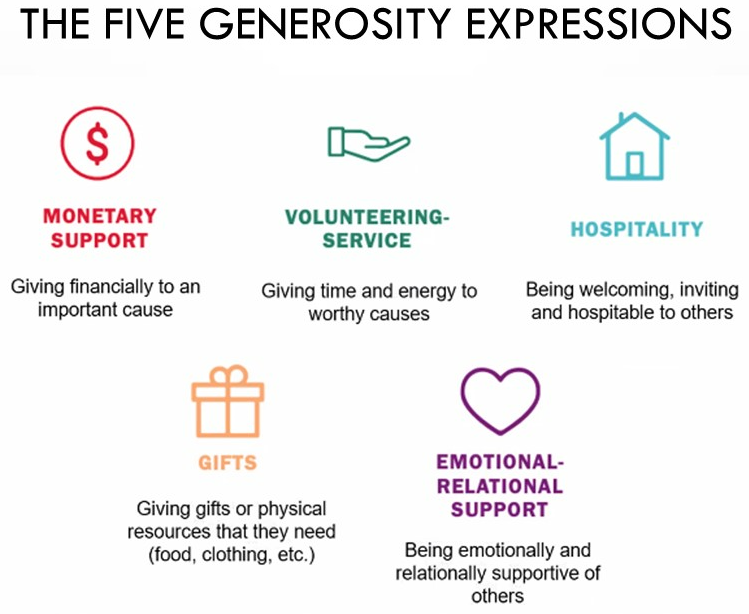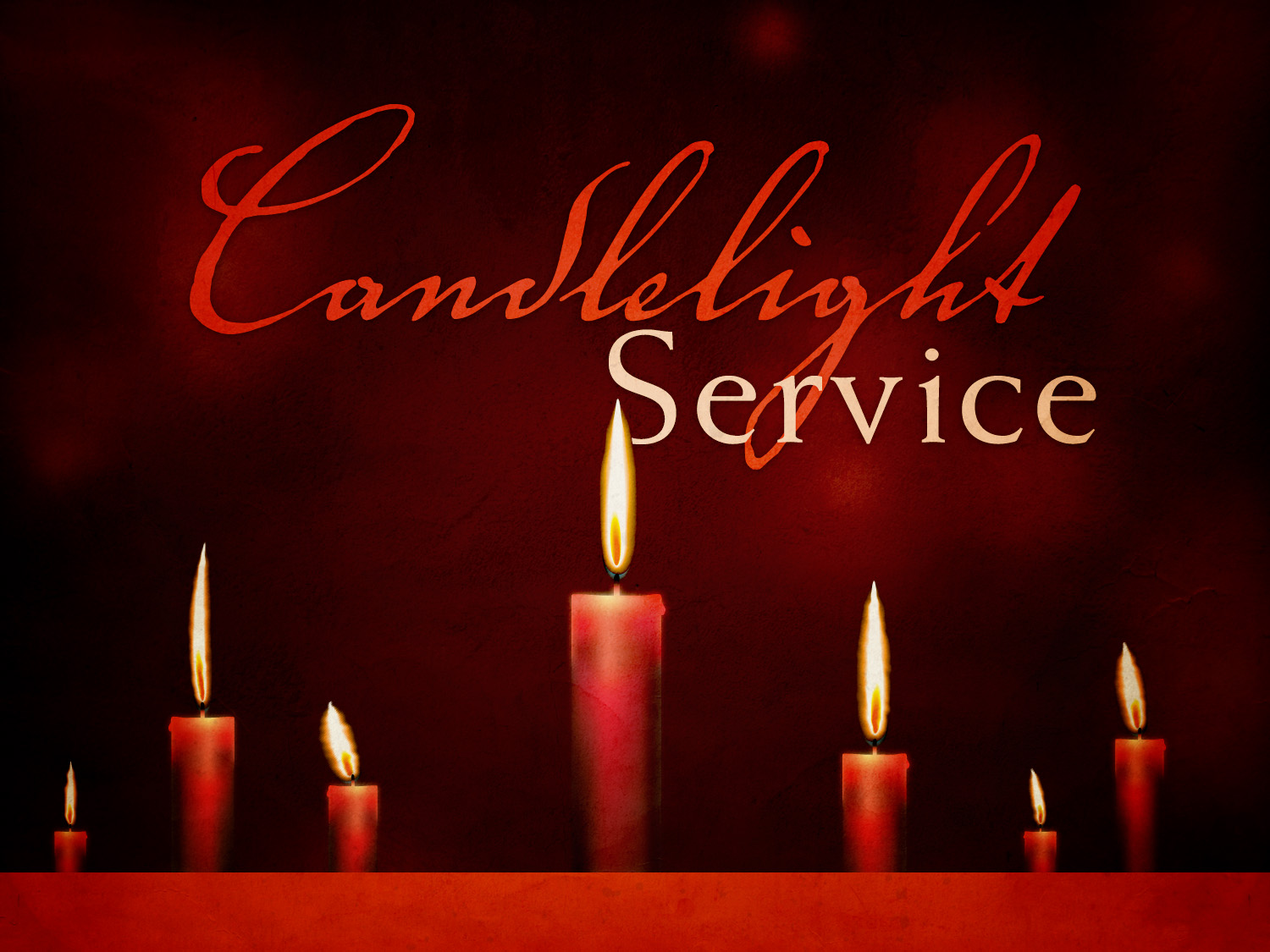Christmas Eve Candlelight Service 2022
The Christmas Eve Candlelight Service is on for tonight at 7 pm.
The potluck tonight is on for 5 pm.
If you can get out of your driveway and have clear roads to drive on, come on out and join us for this special time of fellowship and worship.
Winter Reading Challenge, 2022
At the beginning of this Winter Reading Challenge, consider for a minute this question: Why read books? There are lots of reasons, some personal, some societal, some relational, some intellectual, and so on. Here are a couple thoughts about the role which reading can play in our lives not just as people who can learn from reading, but as followers of Jesus. Sometimes someone just says something well. Here I’ll pass on a few ideas about why to read.
Reading gives perspective to see
Think for a moment about the way that good writers become windows through which we come to see things we did not see before.
“C. S. Lewis regularly emphasized that great writers sought to share something with their readers – something which they themselves had grasped or seen and wanted to pass on to others, so that they might benefit. The best writers are not self-promoting narcissists who demand that we look at them, but those who invite us to look through them at what they have seen, enabling us to share in their experience. They are thus windows to something greater. Lewis himself saw authors not as spectacles to be admired, but as a ‘set of spectacles’ through which we can look at the world and see it in sharper focus and greater depth.”
Alister McGrath, J. I. Packer: His Life and Thought, 2.
Reading brings challenge to certainties
One aspect of good writing, especially fiction but also non-fiction, is that it provides an arena in which to challenge our certainties. Now, we must be careful. There are many things in life which we should be certain of and stand on. However, we are always in danger of becoming certain about what is merely our own limited vision of things. And when we become certain, we tend to demand others to live according to what we are certain is correct. This can cause all sorts of problems. Literature can bring us into another world and there unmoor us from what we were so certain about so that, when we come back to the real world, we are forced to ask questions of ourselves we would otherwise stay blind to.
“One aspect of this capacity to be multifaceted means that reading a good novel, or seeing a great play, we are conscious again of the complexity of human life, the ambiguity of so much behaviour, the mixture of qualities and motives in all of us. All this is a very healthy and important antidote to moralism. There is a human tendency to divide the world up into goodies and baddies. This can be so if religion is brought into it, though moralism certainly isn’t the preserve of religion. One of the great themes of Jesus in the Gospels is the way he tries to shake us out of all easy moralizing. We are directed to look at ourselves, at the great plank in our own eye before we call attention to the speck of dust in our neighbour’s eye. So literature, in bringing home to us the complexity, ambiguity and thoroughly mixed nature of human behaviour spells out and reinforces one of the central elements in the New Testament.”
Richard Harries, Haunted By Christ: Modern Writers and the Struggle for Faith, ix-x.
Reading can challenge staleness
And finally, perhaps at the farther reaches of what literature does for us, is that it helps give us categories of thought and belief which make sense in a fresh way to us. It helps us to think about the questions of life we have in language that makes sense to us today.
“At a time when so much religious language has become either unbelievable or alien to many people it is in works of literature that we can begin to discover what the Christian faith is about and what is at stake.”
Harries, Haunted By Christ, x.
There are many wonderful works of literature and theology from years gone past. Being a fluent and dedicated reader requires at least periodically venturing into the great tomes of bygone years. Yet, even spending a short amount of time in a book of a different century often feels like venturing into a foreign land. While the great authors of the past are writing about universal human issues, they do so in a way that often is foreign to us. Indeed, sometimes so foreign that it evades our understanding entirely.
In a similar manner, sometimes the religious and moral answers to life’s questions which we rely on belong to a different dialect, a different time and place, and have lost some of their forcefulness. Literature can shake up our thinking and help us keep speaking the language of our hearts in this day and age, rather than the language of peoples’ hearts from 100 years ago.
Finally, and related, literature is one of the means we can become aware of the ways Christ minsters to us in this time and place, and the ways we need to be broken out of this time and place:
“To every age Christ dies anew and is resurrected within the imagination of man. This is why he could be a paragon of rationality for eighteenth-century England, a heroic figure of the imagination for the Romantics, and exemplar of existential courage for writers like Paul Tillich and Rudolf Bultmann. One truth, then, is that Christ is always being remade in the image of man, which means that his reality is always being deformed to fit human needs, or what humans perceive to be their needs. A deeper truth, though, one that scripture suggests when it speaks of the eternal Word being made specific flesh, is that there is no permutation of humanity in which Christ is not present.”
Christian Wiman, My Bright Abyss: Meditation of a Modern Believer, 11.
To live now means to be hyper-aware of certain realities of the human experience and to be hyper-blind to others. There are whole ranges of the human experience which we see as half-shadows, or in various degrees of light. The first way we turn to Christ for rescue is doubtlessly in terms of one of the hyper-aware realities of human life in this day and age. Those are the types of brokenness which constantly smack us in the face. But Jesus came to rescue and restore not just those aspects of human life which our day and age lionizes. He came to redeem humanity in its totality, with all its endless complexity.
Reading can help us see the depth, the greatness, the height, the bigness of just what it is that God is doing in restoring the world through Jesus. And to see how he is doing that in our lives.
Happy reading, and may your journey through books bring you to places you never would have dreamed you could go, but to the very places your heart has always been restless to find.
More Stuff for Christmas
Why does Christmas involve so much stuff? I suppose where you are in life, especially regarding whether you have younger children or not, or grandchildren, presses this question more or less into your psyche at this time of year. But why does Christmas have so much stuff?
One could go on an endless rant, site endless studies, give endless statistics about the amount of stuff at Christmas time. I just wanted to briefly share thought provoking comments I came across the other week in thinking about this question.
I find great resonance with the thoughts of this writer, who says:
“The question for me is: how do we confront the dichotomy between the true meaning of Christmas and our learned behavioural norms? I know my two young children have enough – more than enough – of everything. Even they think they have enough. However, ingrained in my psyche is that Christmas morning should herald a lounge bursting with gifts and stockings that take the whole morning to open. If the most sustainable choice is a gift not manufactured, not transported, not purchased, not wrapped, not opened, not sent to landfill, or discarded in some toy box, why do I seek to find ways to fill up my children’s Christmas lists?”

This writer mainly has issues of environmental sustainability in mind. I share these concerns, to a large degree, but I also struggle over questions of materialism, greed, entitlement, the deadening effect material plenty can have on the soul, and the good old fashion desire to just have less junk in the house to have to deal with.
I wonder just what it is that makes it so hard to change. There are so many desirable reasons to be less involved in “stuff” around Christmas time, and most people could cite a good many of the reasons, but the stuff train keeps on rolling. Why do we often feel powerless to do anything but pass on to our children/grand-children the same as we received, even when we are uncomfortable with it and see problems in our own ways of living?
Maybe the difficulty is that stuff is so ingrained as part of life that it blinds us to its idolatrous influence in our lives. Maybe.
Consider today Jesus’ words of caution to two brothers arguing with each other about their inheritance:
Take care and be on your guard against all covetousness, for one’s life does not consist in the abundance of his possessions. (Luke 12.15 ESV)
I doubt I’ll ever have an answer to these questions that feels right. But I’m dedicated to trying to chip away bit by bit at the materialist/consumist streak which runs through my heart. Indeed, if we ever get to a point where our hearts are comfortable with what is one of our culture’s greatest and most obvious sins, then we have lost a key part of the faithful life and prophetic voice we should have as God’s people living in light of KOG values.
Generosity Expressions
Christmas time is a good time to talk about generosity. In fact, it is probably the best time of the year to talk about generosity since most people are in a more generous mood around this time of year—or are trying to coach themselves into feeling more generous. Perhaps it is nostalgia, perhaps people fear Ebeneezer Scrooge’s fate, or perhaps it is the time of year many set aside to experience joy in giving to others. Some are doubtlessly moved along on the binge-purge cycle of guilt and give generously to make space for a new load of stuff anticipated to arrive over the holiday season. Whatever the case may be, there is benefit in thinking a little about generosity and what it is.
In our recent trip through the book of 1 John, we came across this zinger of a verse:
But if anyone has the world’s goods and sees his brother in need, yet closes his heart against him, how does God’s love abide in him? Little children, let us not love in word or talk but in deed and in truth (1 John 3.17-18 ESV)
This verse raises difficult questions fir a relatively wealthy society about wealth and poverty. A larger amount of people than at any other point in recorded history “have the world’s goods” and are not in obvious need (though let us never forget the many people around us who are in need, even if we don’t see it). Rather than tackle the whole, complicated topic of wealth, poverty, and generosity from a biblical perspective, I want to highlight some interesting work on generosity from Thrivent Financial, in partnership with the Barna the research group.
Generosity Expressions looks at the “how” instead of the “how much” of being generous
In the church world, people are often familiar with the idea of tithing. Tithing refers to the practice of giving 10% of your income, generally to church. It is rooted in the Old Testament Law given to the nation of Israel (though, in practice, it seems that ancient Israelites gave a good bit more than 10% in mandated offerings). Tithing is just one of many ways that people in churches talk about generosity through financial gifts. In fact, for many in the church context, the language of generosity is the language of finance.
Rather than talk just about giving money—which is certainly an important part of the picture of generosity—let’s think about generosity through the perspective of Thrivent Financial’s innovative Five Generosity Expressions.
Here they are:

Thrivent developed these helpful five categories as a way to describe how people give and receive generosity.
Take a moment and ask yourself the following questions:
- Which generosity expression do I gravitate towards?
- Which one of these do I least associate as an expression of generosity?
- Which expression of generosity would I most like to receive?
Loving in deed and truth
A robust, biblical picture of generosity certainly involves what we do with our money. But these other facets of generosity are not to be discounted.
From a strictly biblical perspective, I would be inclined to say something like this. Monetary support and Gifts closely correlate to the biblical idea of “giving alms.” That is, people giving money to care for the needy, to provide opportunity for those without it, and so forth. The other categories of generosity which Thrivent develops could be wrapped into a larger category: living in community. They are the sorts of ways that people can and do bless each other in acts of service and relationship.
During Christmas time, maybe take a little time to consider what people you know that are operating at a low ebb and could benefit from a visit, or thank you, or an invitation out. And think about being generous in this way not just as something to “throw in” during the Christmas season. If you are like most people, throwing much more in this time of year may result in a mental breakdown.
Instead, think about how over the course of the coming year you can be generous with your time, presence, and emotional-relational support to some people who could use it.
The greatest gift
People often call Jesus “the greatest gift of all.” And that is true. As you consider being generous and different ways to be generous, consider that God’s generosity meets people in all areas of life, and in all the messy needs of life, not just the ones that we can write checks to help with
December 11, 2022 Church Service
2022 Festival of Lessons & Carols Video
December 4, 2022 Church Service
November 27, 2022 Church Service
Why so many translations? Part 2
This is part 2 of a 2 part series on why so many translations. This series began life as a Sunday School class, so if you were there, much of it will be familiar. Part 1 began by introducing some important ideas to help us better understand why different Bible translations end up being different from each other. In Part 2, I consider some more of the reasons why there are many translations, as well as work through 3 case studies to illustrate how different decisions and practices by translators work out in real translations. You can check it out here:
Which translation is the best and which should you use? My short answer–read the whole thing for a longer answer–is that there are many good ways to engage the Bible. All translations make trade offs, none is perfect, but most are good at doing what they do.



